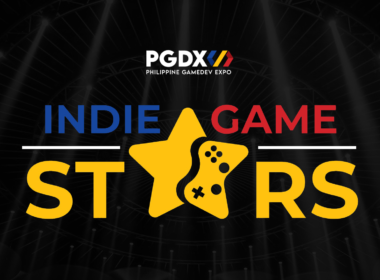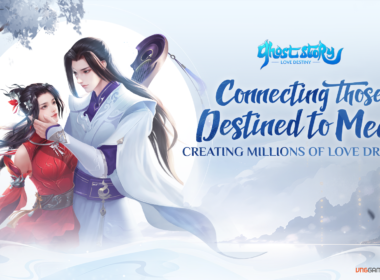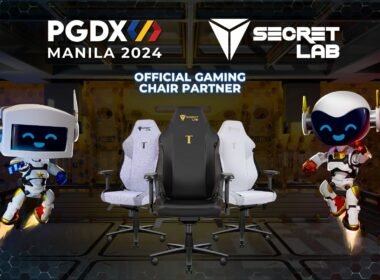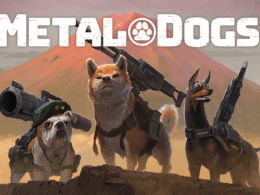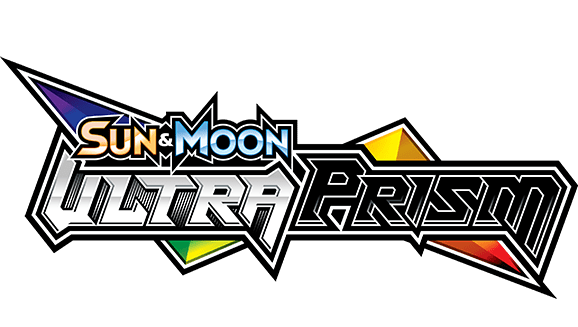Well it’s done and over with, E3 2018 has indeed ended and we now have more dates and information to tantalize our taste buds until the next big announcement for whatever game it may be. That being said, one may come to realize that this year’s E3 was definitely more…mellow than last year’s, with a lot less announcements and a lot more informative updates to titles we already know are in development.
Which is honestly quite a relief because if I’ve learned anything from the past few years of E3, it’s that overselling your product can end up ruining it in the long run; and that’s what we’re discussing today in this brief article – hype. The harbinger of a great payoff, or a descent into a raging inferno of which there can be no escape.
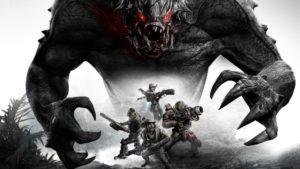
Hype of course, is pretty much the life blood of any basic marketing campaign. You need to build excitement for whatever it is you’re trying to sell in the hopes someone will give in and actually buy it. Likely used since the beginning of commerce itself, hype is fun and a great thing to socialize about when done right. It’s certainly a great distraction from the mundane and besides, wouldn’t life just be super sad if you didn’t have ANYTHING to look forward to?
The world of gaming of course, is not exempt from the pitfalls of this dangerous marketing ingredient. In an industry built solely to create products with the intent of bringing people joy, hype is ever-prevalent in the gaming industry. More often than not however, hype in these lands tends to lead to immense disappointment and anger instead of joy and fulfillment. This of course ends up ruining things for everyone, both the fans and developers don’t get what they want and by the end of it, everyone looks like an idiot.

Perhaps one of the earliest known examples of this hype hubris was Ion Storm’s Daikatana. Released in 2000, Daikatana is not a game many people know of today (because it was friggin awful) but nonetheless was a title many looked forward to before its release. See Daikatana was set to be the ultimate brainchild of John Romero, the man responsible for starting some of gaming’s best franchises today such as Doom, Quake and Wolfenstein. With a great track record and with Romero being such a personality himself, gaming news outlets went wild with hype building and everyone ate it up. There were of course, signs along the way that things weren’t going well, but hey who cares right? Hype all the way!
Well the game eventually came out and is now considered one of the worst video games of all time. John Romero, one of the grand daddies of gaming, has since faded into obscurity and is now only heard in whispers amongst those who still remember. This would be a great example, an amazing anecdote to learn from so that we never make the same mistake ever again. But we didn’t of course, and much like the saying goes; we were doomed to repeat the errors of Daikatana.
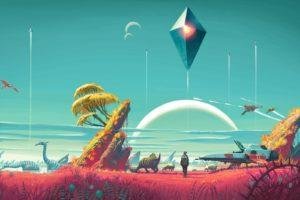
In recent years we’ve seen no end to games that were built up so large only to fall so magnificently. From the short lived EVOLVE to the dead-on-arrival No Man’s Sky, these are games still spoken of in gaming’s social zeitgeist, though never in a good light. EVOLVE itself is notable for winning numerous awards BEFORE it even came out and No Man’s Sky had such an immense hype following behind it pre-launch that reports of it being delayed sent some into a frenzy. People were sent death threats, forums were riled up and throughout it all, the developers just sat quietly; as if consenting to these actions and going “yeah maybe our games ARE that good”.

Mighty Number 9, Yooka Laylee, and even the recent Sea of Thieves, you name it, disappointment after disappointment with no signs of stopping. Sure, games like No Man’s Sky have since become better with updates but is that really an excuse? If you buy a chair with 3 legs at full price is it justified if the fourth leg only comes months later? To an outside observer it truly seems insane that with so many points in history to learn from, hype still fools gamers constantly. Do we blame this on the hypemongers? The marketeers and the developers who allows this to happen? Or do we look instead to the fools to lap it up?
To me, it’s all about balance. Good games tend to show audiences what they want while also leaving enough to their imagination. This of course can only be achieved by having a competent team working behind the game. A game that markets itself too much may indicate it’s insecure, whereas one that undersells itself may indicate that there are issues in development. Gamers themselves are also not entirely innocent in many cases, as they sometimes attach so much importance to a video game that it borders on the delusional.
Since this year’s E3 had a tad less hypemongering, I can only hope the big wigs in gaming have learned somewhat the importance of not blowing up their games. But the same way that they should learn, so should we. As much as I myself love video games, in the end that is all they are; and while some may take pride in calling themselves “true gamers”, if you go around believing and hyping up everything you’re sold, you can be a gamer all you want, in the end you’ll just be an idiot with a lot less money.



